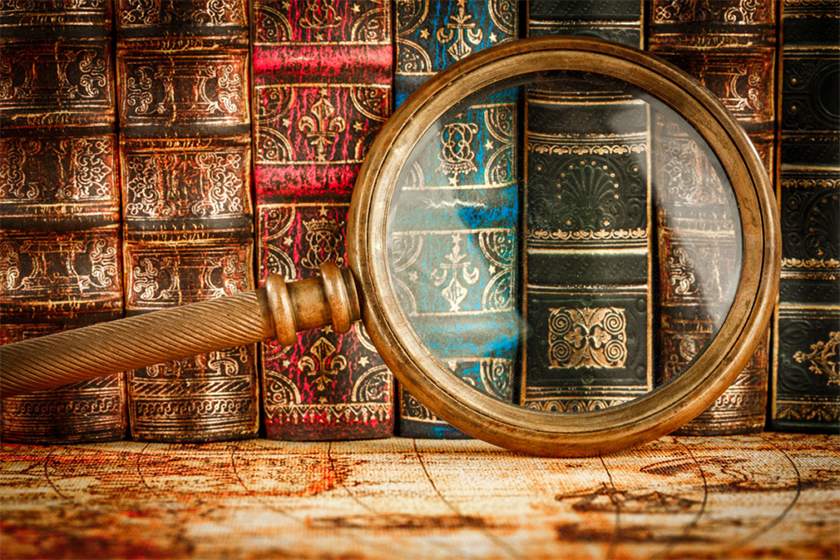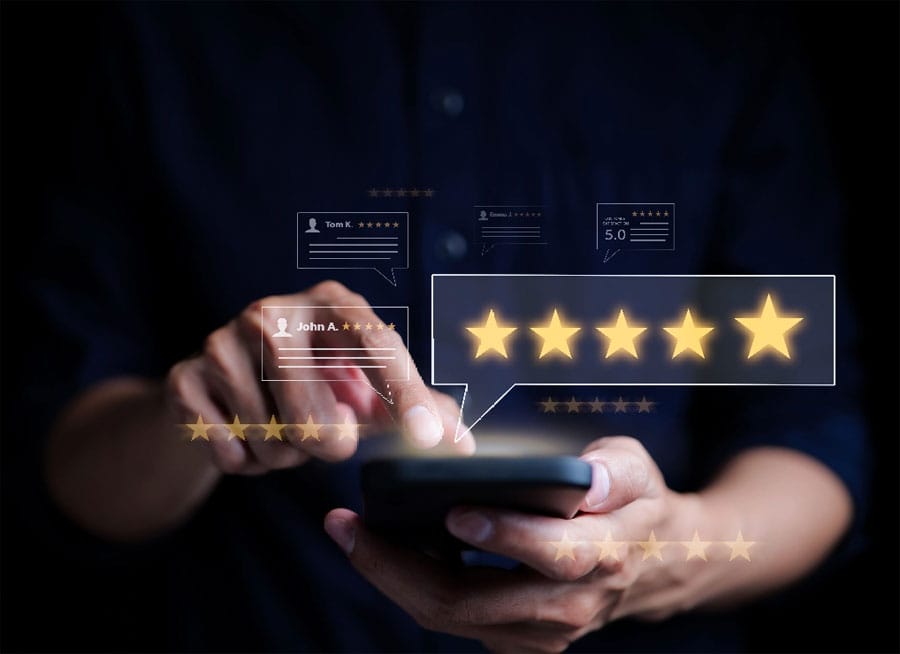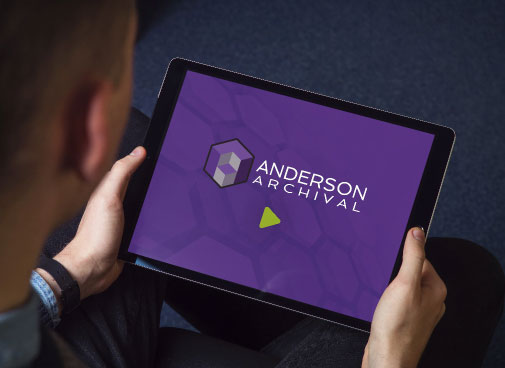Those of us who’ve seen Antiques Roadshow a few times have probably reflected on the once-thought-worthless item that ends up being worth hundreds of thousands of dollars. How can someone not know what they have is priceless? And on the other hand, how can that dusty old artifact be worth anything? Sometimes those antiques (and national treasures) have been found in the most bizarre places such as Goodwill and attics of old homes.
Time seems to have a curious effect on historical items. It seems that, as times change, different value is placed on seemingly valueless antiques. For instance, a family had a 1820s copy of The Declaration of Independence, and originally had it framed and displayed in their home. However, as the years went by, it was eventually considered worthless and stored, in its broken frame, in a closet. In 2014, it was found by a relative who realized its significance.
This story could happen to anyone. Some of these items end up being national treasures, and others irreplaceable family history. So, here are a few ways to determine whether your old junk is worth preserving.
Research
You can do some simple research on your own to determine whether your object is worth paying an appraisal fee. The Smithsonian says that university or area libraries, state and local historical societies or museums, and state extension services should be able to help you. If you are dealing with a document of questionable origin, see if you can find this document at any or all of these local historical libraries. Likely as not, there will be copies out there, unless it is a private letter. If it looks like the document came from the era it says it does, and you have reason to believe it’s authentic, take it in for an appraisal.
Appraisal
If you want to skip doing your own research or your document seems like it could be a true historical document, you should get it appraised as quickly as possible for insurance reasons. An appraisal should tell you not only what the document might be worth, but also information about its age, condition, and historical significance. Finding out the history of your document might be difficult to do on your own, but appraisers will be able to put you on the right track for further research.
Restoration, Preservation, or Marketing
What next? You need to decide what you want to do with your discovery. Are you going to keep it or sell it? Is the document in good shape or is it crumbling and quickly becoming illegible? Restoration services are available, but no matter what you do, we recommend getting it digitally preserved as well.
If you’re wanting to sell your document, your appraiser should be able to help you find a good outlet, whether a library, museum, or private buyer. They should also be able to recommend you to a reputable company that can restore your document if you desire.
If you want to keep your document, whether it needs restoration or not, digital preservation is essential. The government suggests specific guidelines for digitizing documents on their FADGI (Federal Agencies Digital Guidelines Initiative) website. If these seem daunting to you, consider outsourcing for quality digitization services.
Digital Preservation
Digital preservation is important for a number of reasons. For instance, if a disaster befalls the original, that’s not the end of its story. You might lose the original historical piece, but at least you’ll have a backup saved for posterity to read and study. Aside from preserving your document in case of a disaster, digital preservation can make your research much more accurate and less time consuming if metadata is infused into the digital copies.
Your archivists can optically recognize (OCR) your document, making it readable to the computer so you can search it for keywords using database software like Adobe Reader. If metadata is added, you’ll be able to organize your documents in a digital library. What’s more, you will be able to share your document with others electronically and use technology to zoom in on the document while you study it without risking its damage.
Anderson Archival takes document preservation seriously. Our team of dedicated archivists are trained in the latest technology to preserve your documents digitally. So next time you shop at Goodwill and realize you’re looking at a 244-year-old-newspaper, you’ll know just what to do with it!
Are you ready to preserve your historical documents? Call Anderson Archival at 314.259.1900 or email us at info@andersonarchival.com, and a member of our team will be happy to answer your questions.






